
South Korea's foreign ministry on Sunday denounced Japanese Prime Minister Shinzo Abe for his making a ritual offering to the controversial Yasukuni shrine, a site widely seen as a symbol of Japan's militarist past.
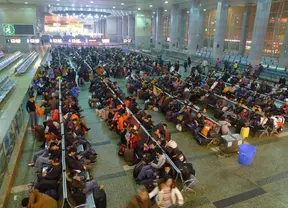
Japan, the culprit of the notorious Nanjing Massacre in late 1937 during World War II, on Saturday protested against United Nations Educational, Scientific and Cultural Organization's (UNESCO) decision to list one of the worst atrocities in history on its Memory of the World Register.

Tensions between the two Asian giants, China and Japan, are running high after the Japanese government tried to block China's application to UNESCO to list documents relating to the 1937 Nanjing Massacre and "comfort women", or the 200, 000 sex slaves taken by Japanese troops during World War II, in the Memory of the World program.
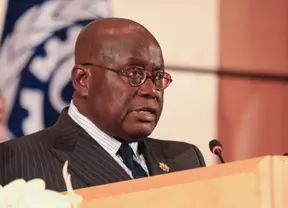
Osaka Mayor Toru Hashimoto and Osaka Governor Ichiro Matsui announced on Thursday that a new national party focused on Osaka will be launched on Oct. 24.

Government officials in Japan said on Tuesday that talks between Prime Minister Shinzo Abe and Russian President Vladimir Putin on the sidelines of the UN General Assembly in New York had been fruitful with a number of agreements being made, as both sides eye an official summit between the two leaders in Japan later this year.

Japan's ambassador to Australia confirmed on Friday that his country is willing to build the Royal Australian Navy's next-generation submarines in Australia, if awarded the federal government contract.

Maintenance of the present-day world order, which establishes peace following the Allied victory in World War II and prevents revival of militarism in the post-war era, essentially requires concerted efforts by both China and the United States. As the whole international community is commemorating the 70th anniversary of the WWII triumph, Chinese and foreign experts have called for concerted China-U.S. efforts to safeguard the hard-won post-war world order, which is now faced with grave challenges mainly as a result of attempts by right-wing forces in Japan to deny the outcome of WWII and to change the country's pacifist constitution.

The enactment of Japan's controversial security bills on Saturday marked an overhaul of the country's purely defensive defense posture and has buried a seed of disaster for both Japan and other countries in the region.

The Democratic People's Republic of Korea (DPRK) on Saturday accused Japan of "railroading the security bills" that are "worked out to pave the way for invading other countries," the state media KCNA reported early Sunday.

Japan's new security laws run counter to the trend of the times that upholds peace, development and cooperation, the Ministry of National Defense (MOD) said on Saturday.

Japan's opposition lawmakers on Thursday succeeded in delaying a vote on Prime Minister Shinzo Abe 's plans to see controversial security legislation enacted which will allow the scope of the nation's Self Defense-Forces to be expanded globally in the biggest post-war shift seen in 70 years.
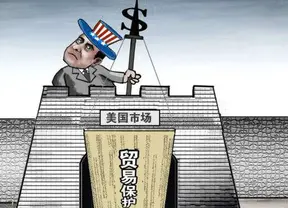
Friday marks the 84th anniversary of an incident with widely undervalued global importance -- the invasion of northeast China by Japanese troops on Sept. 18, 1931.
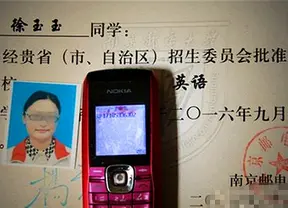
With doomsday-like scenes plaguing Japan over the past few days following devastating floods in Joso City in Ibaraki Prefecture which washed hundreds of homes away, a rattling earthquake in Tokyo Bay which rocked the capital and yet another volcano erupting Monday, experts and citizens alike are bracing themselves for more of nature's fury.

Visitors around Mount Aso, a volcano and a tourist spot located in Kumamoto Prefecture in southwest Japan, have been ordered to evacuate from the area following the volcano eruption early Monday.

President Xi Jinping on Tuesday called on people of the mainland and Taiwan to unite to safeguard peace, as he met with a Taiwanese political delegation to attend events for the 70th anniversary of the end of World War II.
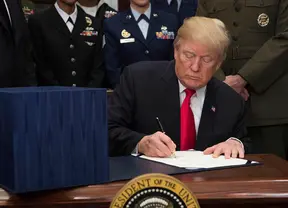
China on Tuesday rejected Japan's comments expressing displeasure about UN Secretary-General Ban Ki-moon's plans to attend China's V-Day celebrations.
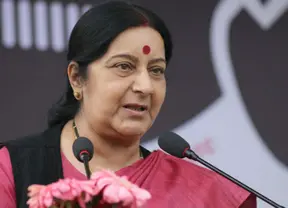
China's upcoming military parade to celebrate the World War II (WWII) victory is an event that highlights the common aspiration of mankind, among them many Japanese: peace.